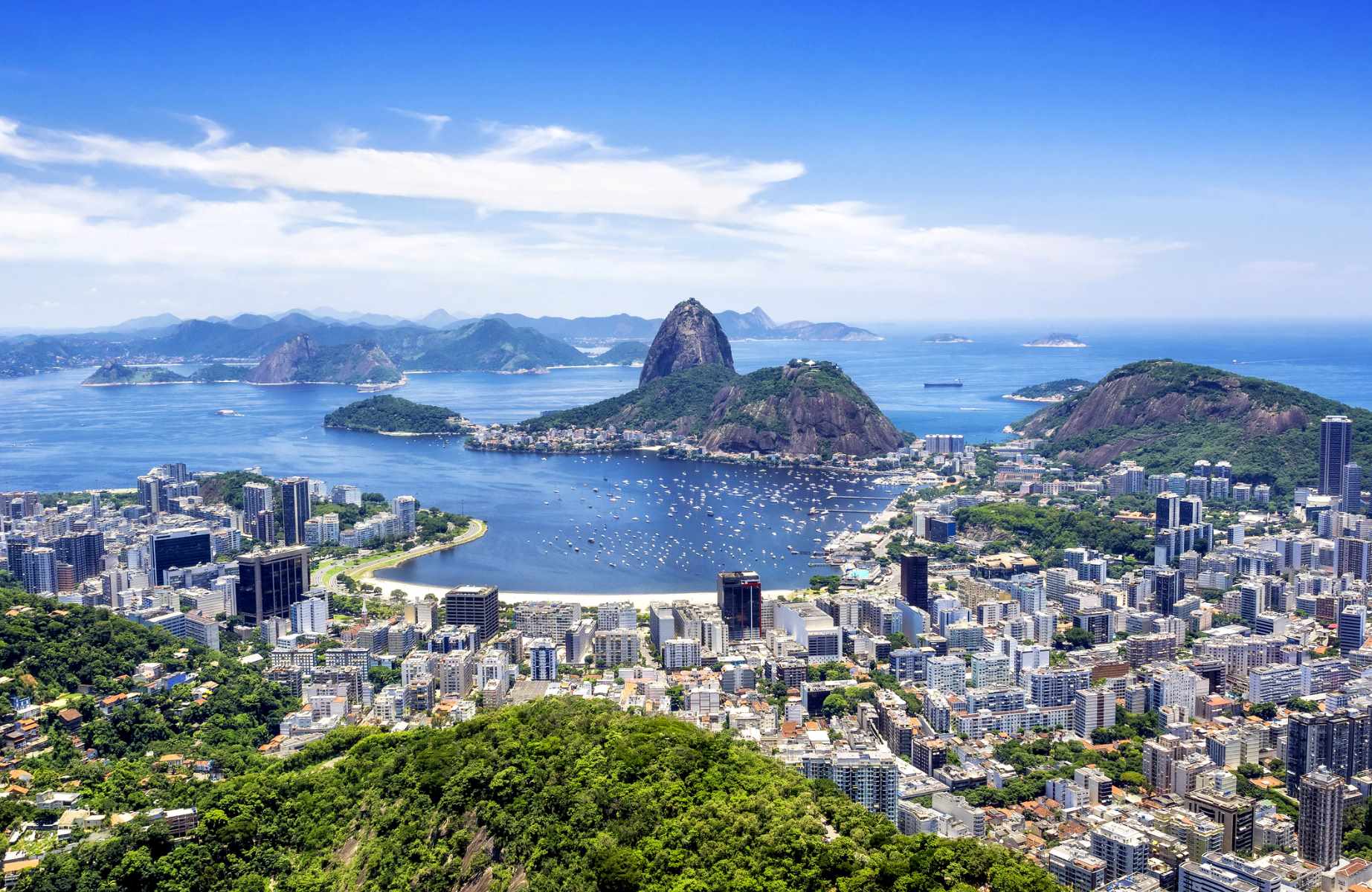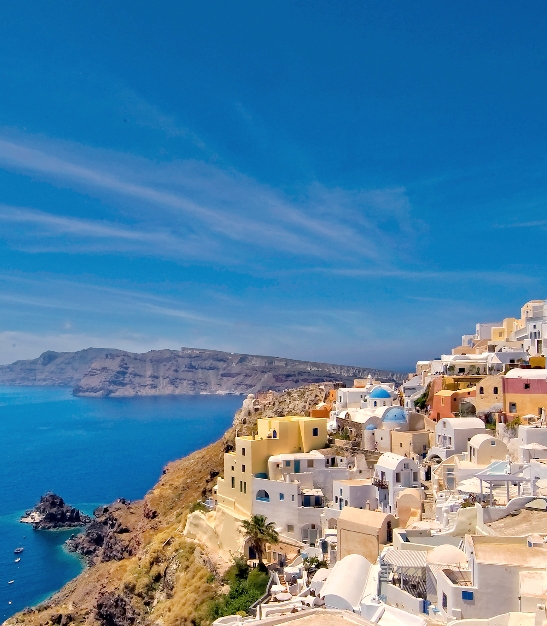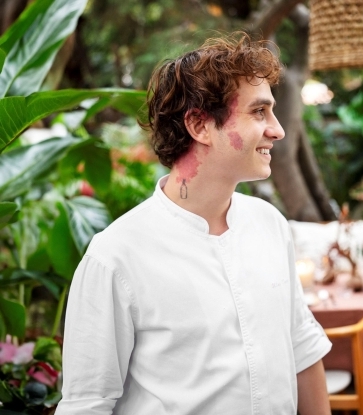For some time, the MICHELIN Guide, a renowned name in the world of gastronomy, has felt a moral obligation to highlight the company’s strong commitment towards sustainability, and it is for this reason that the MICHELIN Green Star was created. We wish to pay special homage to all those chefs and hoteliers who make daily strides in this direction – efforts that are not always straightforward but which we know need to be made. The example set by these chefs and hoteliers needs to be the beacon that illuminates the world of gastronomy both now and in the future. There is far too much at stake not to value the considerable work that they are doing in this regard.
In a past interview with us, Eneko Atxa, a key figure in sustainable gastronomy in Spain, made the following comment: “I believe in small actions. We continually need to remind ourselves that if we perform one small action every day, this adds up to 365 small actions in a year, which in themselves translate into a much larger action”. It is this mentality that Michelin wishes to promote.
Many of the chefs awarded a MICHELIN Green Star have shown that once there is a greater awareness around the issue of sustainability, the word acquires another dimension, transforming itself into a philosophy for life and one which becomes the focal point of their respective gastronomic projects.
It could be said that contemporary cooking nowadays is focused, more than ever before, on the produce itself. The importance of local organic products and a direct connection with local producers are the basic characteristics of sustainable gastronomy. These aspects go hand-in-hand with respect for the environment, which then translates into menus that are adapted to the seasonality of nature.
Growing food in their own kitchen gardens, direct links with local producers, using parts of ingredients that until very recently were simply thrown away, the reintroduction of local food varieties that have been largely forgotten, composting, recycling and the use of clean energy are just some of the practices employed on a daily basis by more and more restaurants, enabling them to move towards a circular economy and a continual process of improvement.
In the same vein, the R&D departments in some restaurants are also creating added value through the development of new products and the introduction of techniques that help to further their aims in terms of zero waste, to cite just two examples.
We had an interesting conversation with chef Ricard Camarena, at his eponymous 2 MICHELIN Star restaurant in Valencia, Spain, on his vision of sustainability and how his commitment towards it now encompasses every single aspect of his business.
You can find the full list here on our Global website.
© Header photo: Toni Misiano’s kitchen garden (Ricard Camarena)




















